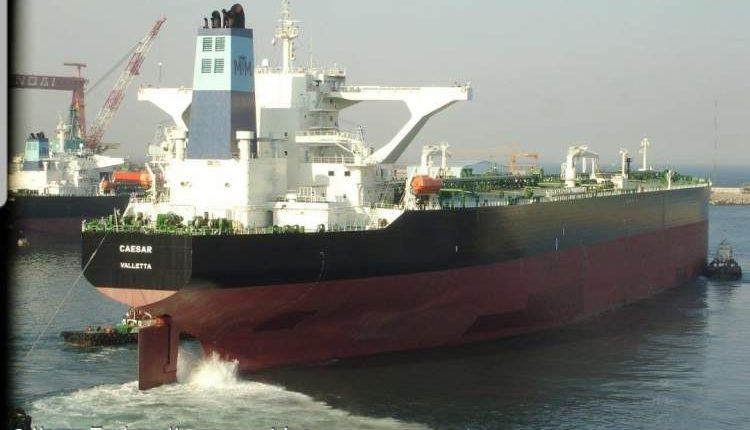YPC: Aggravation of Fuel Crisis in All Yemeni Governorates Due to US-Saudi Siege
Yemen Petroleum Company confirmed the aggravation of the fuel crisis in all governorates due to the detention of fuel tankers by the Navy of US-Saudi aggression.
The spokesman for the company, Essam Al-Mutawakel, told Almasirah, Thursday, that the company launched a distress call due to the fuel stocks running out, and that the rest of the quantities are sold at the company’s stations at the official price.
He added that the company demanded the entry of an ambulance tanker, but faced procrastinating, on the pretext that one of the tanker’s crew was infected by coronavirus and detained in Djibouti despite having been granted a permit from the UN.
He stated that the tanker was supposed to arrive in Hodeidah yesterday evening, but it was pirated by the navy of US-Saudi aggression, pointing out that the United Nations organizations did not respond to the company.
He added that if the company is the reason for the crisis, then who caused the crisis in the occupied areas, pointing out that the company has invited activists and journalists to come down and reveal the fact that fuel is being banned.
Yemen Petroleum Company, YPC, sounded a warning on Wednesday, that Yemen is witnessing the most severe fuel crisis since the beginning of the US-Saudi aggression and siege seven years ago.
YPC spokesman, Issam Al-Mutawakel, said that “the queues for citizens’ cars to fill up gas extend more than 3 kilometers at the gas station in various governorates.”
He explained that the initiative of the company to eliminate the manifestations around the fuel crisis is ongoing, saying that all fuel tankers are not allowed to reach the port of Hodeidah which the Saudi-led aggression is not admitting.
A fuel crisis afflicts all Yemen’s governorates, as a result of the procedures imposed by the Saudi-Emirati coalition and the pro-aggression government. The coalition of aggression continues its piracy, detaining fuel ships, and preventing them from entering the port of Hodeidah, despite obtaining permits from UN, which aggravates the humanitarian catastrophe due to the suspension of many vital service sectors, especially hospitals, electricity, water, cargo trucks, as well as waste trucks.
Since June 2020, the aggression and its allied government have continued to prevent fuel ships from entering the port of Hodeidah, except for a few ships that entered the port with a large time difference between each ship. Most of the ships left the place where they were being held by the forces of aggression, with their full cargo, after accumulating delay fines, exceeding the price of the cargo.
The coalition’s detention of dozens of fuel ships during more than a year and a half, and preventing them from entering the port of Hodeidah, despite being subject to inspection in accordance with the approved UN inspection and verification mechanism, and having obtained all the necessary permits from the UN inspection mission, caused a suffocating fuel crisis in all governorates. under the authority of Sana’a. Most of the important vital sectors, especially the health sector, are threatened with suspension, while work has been disrupted in many productive and service sectors, which caused economic losses of millions of dollars.
The fuel stations announced that their stocks of oil had run out. Hundreds of vehicles stood in long queues in front of these stations, hoping that shipments of oil would arrive in the coming days. Meanwhile, representatives of commercial power stations told subscribers in several neighborhoods of the capital, Sana’a, that these stations will have to cut off the power for hours during the day and night, as a result of the lack of diesel running these stations.

